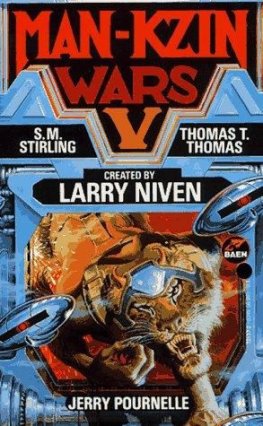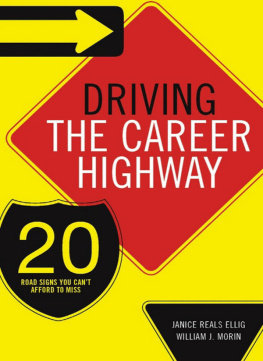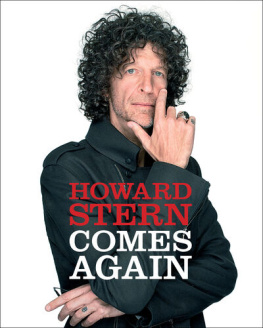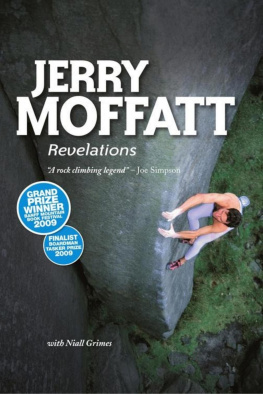Jerry Ellig - Jerry Ellig on Dynamic Competition and Rational Regulation
Here you can read online Jerry Ellig - Jerry Ellig on Dynamic Competition and Rational Regulation full text of the book (entire story) in english for free. Download pdf and epub, get meaning, cover and reviews about this ebook. year: 2022, publisher: GeorgeMasonUP, genre: Politics. Description of the work, (preface) as well as reviews are available. Best literature library LitArk.com created for fans of good reading and offers a wide selection of genres:
Romance novel
Science fiction
Adventure
Detective
Science
History
Home and family
Prose
Art
Politics
Computer
Non-fiction
Religion
Business
Children
Humor
Choose a favorite category and find really read worthwhile books. Enjoy immersion in the world of imagination, feel the emotions of the characters or learn something new for yourself, make an fascinating discovery.

- Book:Jerry Ellig on Dynamic Competition and Rational Regulation
- Author:
- Publisher:GeorgeMasonUP
- Genre:
- Year:2022
- Rating:5 / 5
- Favourites:Add to favourites
- Your mark:
- 100
- 1
- 2
- 3
- 4
- 5
Jerry Ellig on Dynamic Competition and Rational Regulation: summary, description and annotation
We offer to read an annotation, description, summary or preface (depends on what the author of the book "Jerry Ellig on Dynamic Competition and Rational Regulation" wrote himself). If you haven't found the necessary information about the book — write in the comments, we will try to find it.
Jerry Ellig: author's other books
Who wrote Jerry Ellig on Dynamic Competition and Rational Regulation? Find out the surname, the name of the author of the book and a list of all author's works by series.
Jerry Ellig on Dynamic Competition and Rational Regulation — read online for free the complete book (whole text) full work
Below is the text of the book, divided by pages. System saving the place of the last page read, allows you to conveniently read the book "Jerry Ellig on Dynamic Competition and Rational Regulation" online for free, without having to search again every time where you left off. Put a bookmark, and you can go to the page where you finished reading at any time.
Font size:
Interval:
Bookmark:
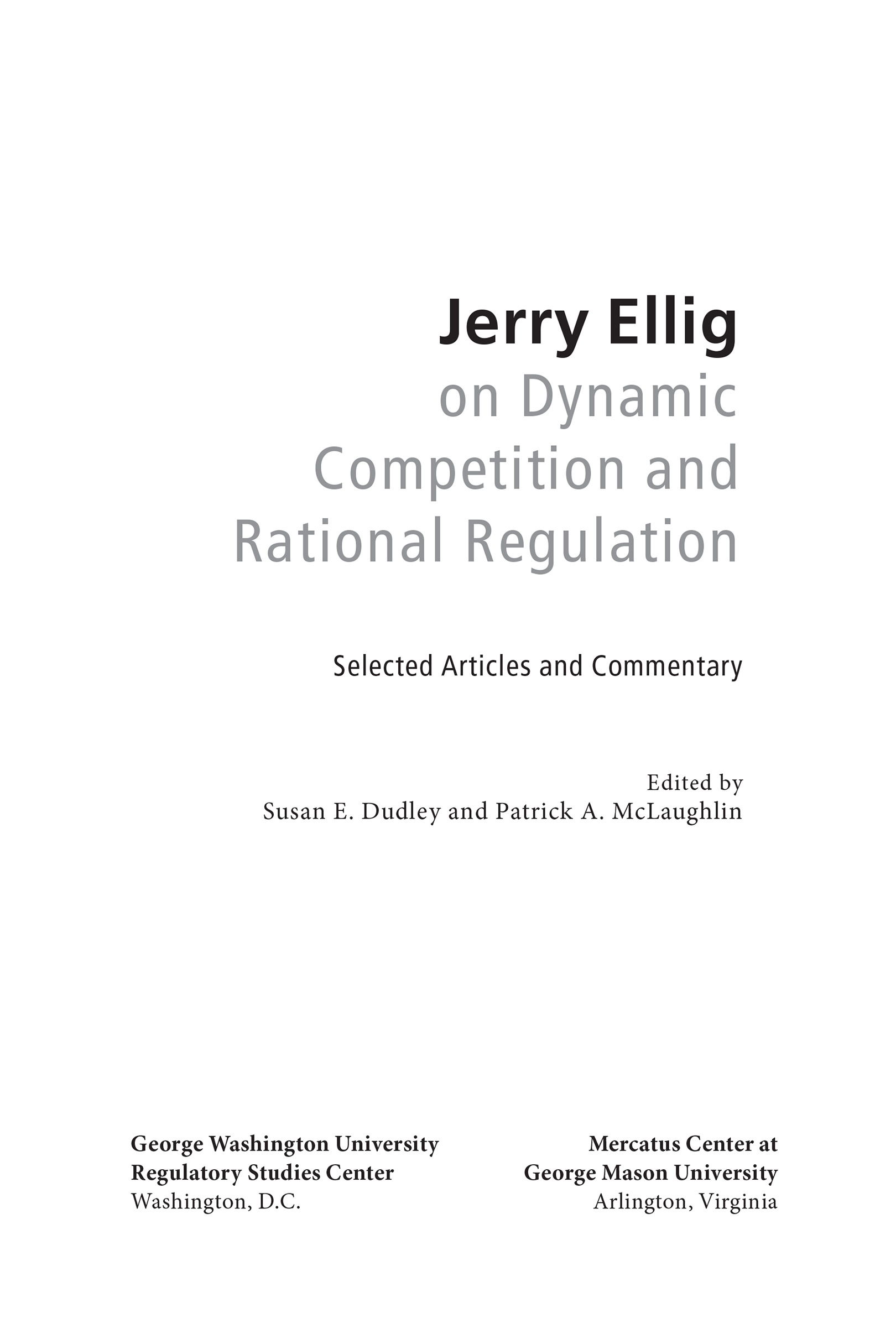
2021 by the Mercatus Center at George Mason University. Acknowledgments for the use of copyrighted material appear on the first page of the article.
All rights reserved.
Published in partnership with the George Washington University Regulatory Studies Center.
978-1-942951-65-0 (hardcover)
978-1-942951-66-7 (paper)
978-1-942951-67-4 (electronic)
Mercatus Center at George Mason University
3434 Washington Blvd., 4th Floor
Arlington, VA 22201
www.mercatus.org
703-993-4930
Cover design: Jessica Hogenson
Permissions: Publications Professionals
Editorial and production: Westchester Publishing Services
Contents
Bruce Yandle
Susan E. Dudley and Patrick A. McLaughlin
Jerry Ellig and Rosemarie Fike
Patrick A. McLaughlin, Jerry Ellig, and Michael Wilt
Sherzod Abdukadirov and Jerry Ellig
Babette Boliek, Jerry Ellig, and Jeff Prince
Robert W. Crandall and Jerry Ellig
Phil Gramm and Jerry Ellig
Jerry Ellig and Daniel Lin
Alan E. Wiseman and Jerry Ellig
Asheesh Agarwal, Jerry Ellig, and Todd Zywicki
Jerry Ellig and Patrick A. McLaughlin
Reeve T. Bull and Jerry Ellig
Reeve T. Bull and Jerry Ellig
Jerry Ellig and Reeve T. Bull
Jerry Ellig and Catherine Konieczny

A Man to Remember!
Bruce Yandle
Jerry Ellig was a wonderful human being. He was also an outstanding economist. He loved being alive. He loved to smile. He loved family and friends. And he was glad to teach and glad to learn.
I first met Jerry around 1997 when he and I were participating in an early Mercatus Center conference. First impressions matter, of course. And his smile, warm handshake, and easygoing manner got to me.
Jerry was one of those rare individuals who comes equipped with a double-barreled brain; both hemispheres fired powerfully. Yes, he could do economic analysis with the best of them; and yes, he could paint beautiful word pictures, stand as a role-playing actor to communicate the subtleties of regulatory issues (you should have seen him as the preacher in a Bootlegger/Baptist lecture); and, drawing on a vast knowledge of history and literature, which he obviously loved, quietly correct an error in fact or interpretation made unwittingly by another scholar. Over the years, I observed all of this. In fact, I was one who received a prompt, low-key correction from Jerry. I note that he welcomed the same treatment.
I recall the time Jerry quietly and quickly came to my rescue when in the early months of the Trump administration I made reference in a short op-ed to a remark the president made in his inaugural speech. He mentioned the Forgotten Man, a mythical citizen described in the William Graham Sumner classic essay by that title. Mr. Trump implied that those he referred to were caught in the backwash of deindustrialization and had not been fairly treated by previous administrations, and that the forgotten man would be forgotten no more.
But Sumners forgotten man had not been a victim of international trade, immigrant competition, or deindustrialization. His man plodded along silently, did not engage in politics, but always paid his taxes. He was politically silent and therefore forgotten. And in my op-ed I had not corrected Mr. Trumps faulty interpretation of Sumners forgotten character. As soon as my op-ed saw the light of day, I received an email from Jerry, calling attention to the correct interpretation, giving me time to make a small revision to my piece. How many times have you or I, after seeing a glitch in someones work, taken the time to send a short note offering a correction? Jerry was that kind of guy.
While Jerry was deeply engaged in his work on regulationI think he lived and breathed ithe still left plenty of room for family and friends. A few years ago, Jerry and his wife, Sandy, made the decision to leave the DC area and move to rural South Carolina, where Jerry continued his work remotely with regular trips back to Mercatus and later to the George Washington University Regulatory Studies Center. Living in small town South Carolina gave Jerrys daughter, Katherine, the opportunity to be smitten by agriculture, horses, and chickens. She became an active member of 4-H. Interestingly enough, Jerry followed her lead and became the advisor to the local 4-H club. The man had immense bandwidth.
Anyone examining Jerrys professional life by way of positions held, papers written, articles published, and testimony given will at first be overwhelmed by the volume and depth of his activities, and then be amazed at his tight focus on political economy and improving regulatory policies and procedures. A longer glance in this direction also reveals a scholar whose thoughts and findings helped others in their search for understanding. The pattern of citations to Jerrys work follows that of his professional work and activities. There are not one or two home-run articles with hundreds of citations, but scores of articles with scores of citations.
I want to point out that economists are sometimes accused of having a peculiar kind of disease that causes them to be arrogant about their self-perceived unusual abilities, cynical about how the world works, and not very interested in engaging in conversation (and certainly not co-authorship!) with others who must bear up under the handicap of not being trained in economics. In many cases, the disease is most evident in situations involving students, especially graduate students. Perhaps readers of this collection of papers may have encountered what I am referring to here and may themselves have a favorite story or two to tell.
If indeed it is the case that economists more frequently than other professionals suffer from the disease of cynicism, wouldnt it be wonderful if God in his wisdom would occasionally provide an economist with opposite traits, someone who is soft spoken, even humble when approaching a new problem? Wouldnt it be wonderful if occasionally we would encounter an economist who is a deep believer in the power of his or her discipline to crack open social problems and shed light on them, who yet communicates a sense of being privileged to have the opportunity to be a part of the academy and, to top it all off, who shows respect for others, no matter their station in life.
Whether from an act of God or from a case of sheer good fortune, we had in Jerry Ellig just such a person. Those of us who knew him have something special to celebrate.
Bridge Builder
In his academic research, Jerry Ellig (19622021) focused on regulatory impact analysis, regulation of network industries, and performance management in government. But to ensure his work would make a difference in peoples lives, he never forgot the need for a bridge connecting the academy and the policy world. It was one he traversed, back and forth, throughout his career.
An assistant professor of economics at George Mason University between 1989 and 1995, Ellig went on to serve as a senior economist for the Joint Economic Committee of the US Congress (199596) before returning to Mason to join the universitys Mercatus Center as a senior research fellow. Between 2001 and 2003 Ellig was deputy director and acting director of the Office of Policy and Planning at the Federal Trade Commission, after which he again returned to Mercatus and to a position as adjunct professor in Masons School of Law (200508). In 2017 Ellig became chief economist at the Federal Communications Commission and a year later joined the George Washington University Regulatory Studies Center as a research professor.
Next pageFont size:
Interval:
Bookmark:
Similar books «Jerry Ellig on Dynamic Competition and Rational Regulation»
Look at similar books to Jerry Ellig on Dynamic Competition and Rational Regulation. We have selected literature similar in name and meaning in the hope of providing readers with more options to find new, interesting, not yet read works.
Discussion, reviews of the book Jerry Ellig on Dynamic Competition and Rational Regulation and just readers' own opinions. Leave your comments, write what you think about the work, its meaning or the main characters. Specify what exactly you liked and what you didn't like, and why you think so.


